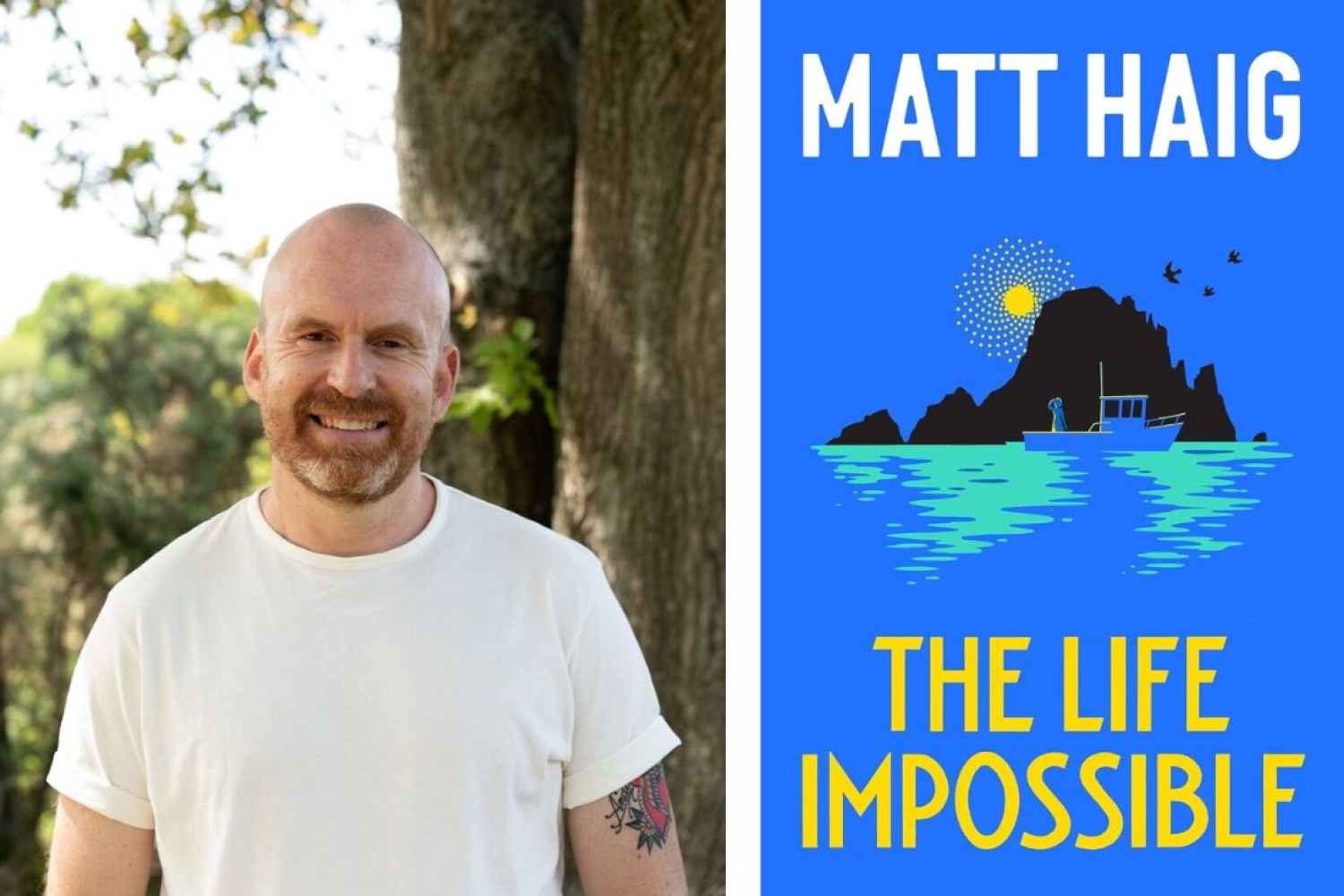

Once upon a time there was an old woman who lived the most boring life in the universe.
That woman rarely left her bungalow, except to see the doctor, help at the charity shop, or visit the cemetery. She didn’t garden any more. The grass was overgrown, and the flowerbeds were full of weeds. She ordered her weekly shopping. She lived in the Midlands. Lincoln. Lincolnshire. The same orange-bricked market town that she had stayed in – apart from a stint at Hull University centuries ago – all her adult life.
You know the place.
And it wasn’t so bad, but its streets were less welcoming than they used to be. It was hard to see half her fond memories covered in chip- board and ripped posters.
She sat and watched daytime TV and read the occasional book and did crosswords and Wordle to keep her brain in gear. She watched the birds in the garden, or stared at the small empty greenhouse, as the clock on the mantelpiece kept ticking. She had been an avid gardener once, but not any more. She was only seventy-two, but since her husband passed away four years before, and her Pomeranian – Bernard – shortly after, she had felt completely alone. In fact, she had felt alone for more than thirty years. Ever since April 2nd 1992, to be precise. The date she lost her entire meaning and purpose and never really found it again. But the loneliness had become a deep and literal reality in the last few years, and she felt approximately one hundred and thirty-two. She hardly knew anyone. Her friends had either died, or moved away, or retreated. She only had two contacts on her WhatsApp – Angela from the British Heart Foundation and Sophie, her sister-in-law, who had moved to Perth in Australia thirty-three years ago.
But of all the sad moments of the past, it was still that April date 5 long ago that reverberated most profoundly. The death of her son, Daniel, had been the hardest and most devastating, and when a tragedy is as large as that it leads to other sadnesses and failures, the way a trunk leads to branches. But life went on. She and her husband Karl eventually moved into a bungalow and tried to make the best of things, but that hadn’t really worked, and so they’d sat in mutual silence, watching tele- vision or listening to the radio. Her husband had always been very different to her. He had liked hard rock and real ale but had really been a fundamentally quiet soul. The trouble with tragedy is that it tars everything that comes after. On occasion they’d been comforted by the sharing of their memories, but when Karl died it became harder because the memories had nowhere to go. They just stayed, growing stale, inside her head. Which was why, whenever she saw herself in the mirror, she only saw a half-life. A slow-falling tree in an unseen forest.
She was also in a bit of a pickle with money.
Her life savings no longer existed. Ever since a scammer with a comforting Scottish accent had pretended to be a NatWest security advisor, and – with her foolish help – stole the £23,390.27 she and Karl had put away together. It was a long story, full of cunning characters and one ridiculous old fool (hello!), but much to your good luck it is not the tale being told here.
So anyway – this particular lady – she just sat there, with her aching legs, trying not to answer any emails from strangers, and letting her crumpled life drift like an empty crisp packet down the river. Her only spark of interest was the sight of a chaffinch or starling at the bird feeder in the small back garden, as she inhaled old memories and faded dreams.
Excerpted with permission from Penguin India.
Date 16.08.2024